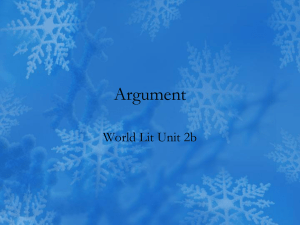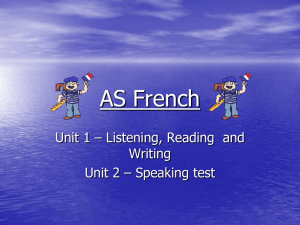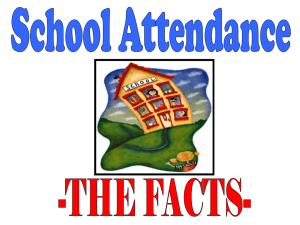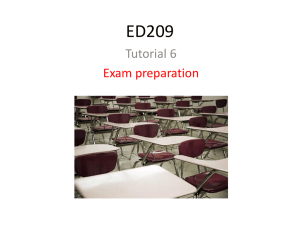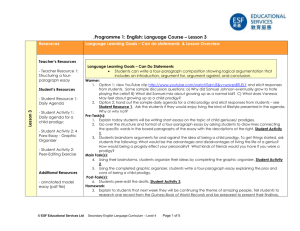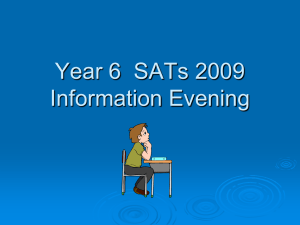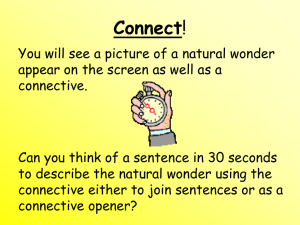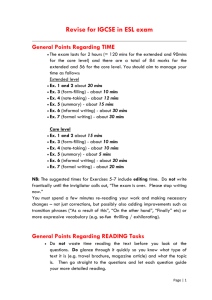Party Political Election Poster /Leaflet Activity
advertisement
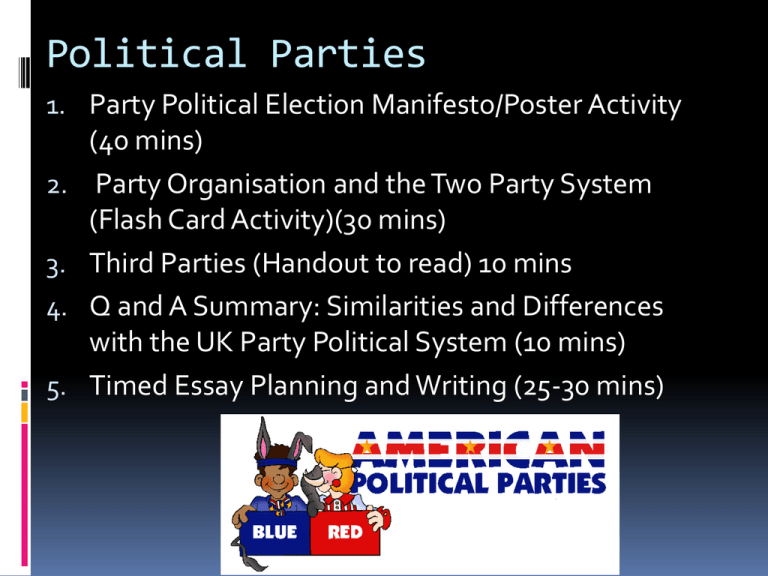
Political Parties 1. Party Political Election Manifesto/Poster Activity (40 mins) 2. Party Organisation and the Two Party System (Flash Card Activity)(30 mins) 3. Third Parties (Handout to read) 10 mins 4. Q and A Summary: Similarities and Differences with the UK Party Political System (10 mins) 5. Timed Essay Planning and Writing (25-30 mins) Party Political Election Poster /Leaflet Activity -40 mins Firstly, highlight and read: The hand out on The Republican and Democrat Party. (Make sure you highlight key idea, values, policies) Use the Card, paper and pictures Create Party Political Election Posters or Leaflets, explaining to voters: Your Policies, Ideas, How you are different to the other party (attack). Why people should vote for you! Party Organisation and the Two Party System (follow and complete the flash cards) (30 mins) US is decentralised –based on federalism National Committees: Both Republican & Democrat, based in DC. The committees organise national conventions (where national parties meet and nominate president). Have debated powers. In 2008 presidential nomination process. The DNC decided that only Iowa, New Hampshire, Nevada, South Carolina could hold primaries before 4 Feb 2008. But Florida & Michigan scheduled theirs for 15/29th January. The DNC finally decided to only allow delegates to attend with half a vote! Congressional Committees: Each Party has a series of committees in Congress –over see policy and campaigning. Can be powerful: Senator Schumer (NY) was given credit for Democrats 2008 campaign State Level: Confusing array of laws, customs and power with governors and mayors State Party Committees and State Party Conventions. State & local Parties: increasingly dominated by two kinds of party activist: ’issue activists’ and ‘candidate activists’ The Two Party System Often described as parties who regularly win 80% of the popular vote in general elections and 90% of seats in legislature and control the executive branch See table 3.9 (pg 136) The reasons for a 2 party System? First past post electoral system makes life difficult for third parties (often have widespread support but only pick up a fraction of the votes in every state) Splits vote (3rd candidate) -just lowers percentage needed for other incumbents Ideological Differences: No room for others to attract support. Major parties are all embracing Primary Elections makes major parties more responsive to the electorate, minimises need for ‘protest votes’. Not a two Party System? Ralph Nader argues that parties have become so ideologically indistinct (similar) Mark Shields (Washington Post, 1997) ‘ As of today, the country has two Republican parties, separated by the issue of abortion’ Idea of 50 party System: Mark Mardell (BBC, 2009) ‘ Parties are not all controlling, they are undisciplined, decntralised, state based parties with no national leader or national policy programme’ Perhaps only for presidential campaigns are they united’ Parties are partly organised at national level, but organised differently at local level Third Parties? -10 mins Read hand out and highlight on third parties in US Politics (Homework: read up on third party difficulties) Similarities or different to the UK Party System?-10 mins With the help of your tutor, summarise the similarities and differences with the UK Party Political System. Timed Essay Planning The ideological differences between the Democratic and Republican parties are far greater than the differences within them.’ Discuss. 20 mins Create your own essay plan and write the essay withint eh time framework. Ensure you allow time for: Writing a Plan Writing the essay Reading back over and edits Homework for 22/4/13 Complete the Revision Flash Cards for: Third Parties and The differences between the Republicans and the Democrats, party political funding and theories of party decline Read up, make notes on Pressure Groups and then complete the essay: In what ways, and to what extent, do pressure groups exert influence through initiatives and propositions? 40 min essay
